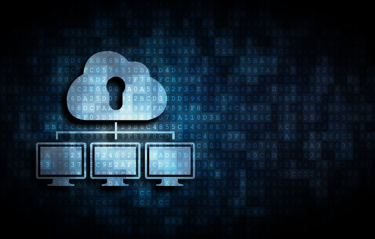DRaaS Ushers In Changes To Data Protection Strategy

Businesses are headed in a new direction with regards to backup and disaster recovery.
DRaaS growth indicates a shift in strategy
As businesses continue to change the way they use and store data, the methods they use to protect the data has changed too. Studies show they’re reconsidering traditional backup and recovery while looking more favorably at disaster recovery as a service (DRaaS).1 With DRaaS, businesses enjoy the luxury of keeping a replica of their data hosted at a remote site that they can fail over to in an emergency—without bearing any of the infrastructure costs or maintenance responsibilities. All infrastructure and maintenance is the responsibility of the provider. There are several reasons for the shift in DRaaS adoption rates:
- Backup applications that were designed for outdated environments and use cases
- Frustration over backup challenges leading to a greater willingness to modernize
- Snapshots and replication taking a more active role in recovery
As adoption of DRaaS increases, companies will find it easier to deploy the right type of protection by determining exactly how much support they may need in a disaster recovery scenario.
Many businesses rely on self-service software to meet their basic needs. These self-service solutions can be effective for those that have in-house skills for applying the proper configuration settings to meet their recovery objectives, and have resources in place to manage the solution. But other companies need a more assisted option to help with disaster recovery protection monitoring, periodic failover testing, auditing, compliance and hands- on management should a disaster strike.
The challenge for decision-makers is to make sure any solution can, in fact, deliver on the promises of DRaaS.
Get unlimited access to:
Enter your credentials below to log in. Not yet a member of MSPinsights? Subscribe today.
